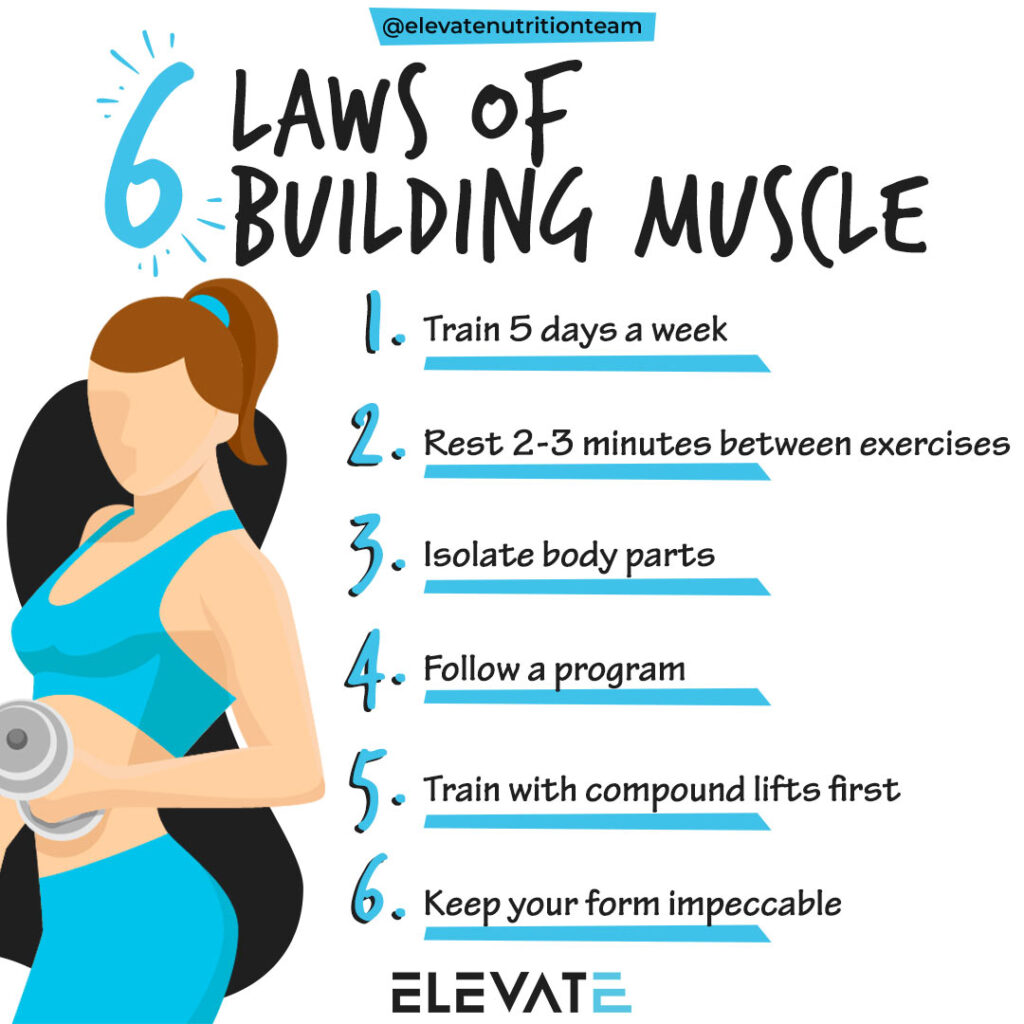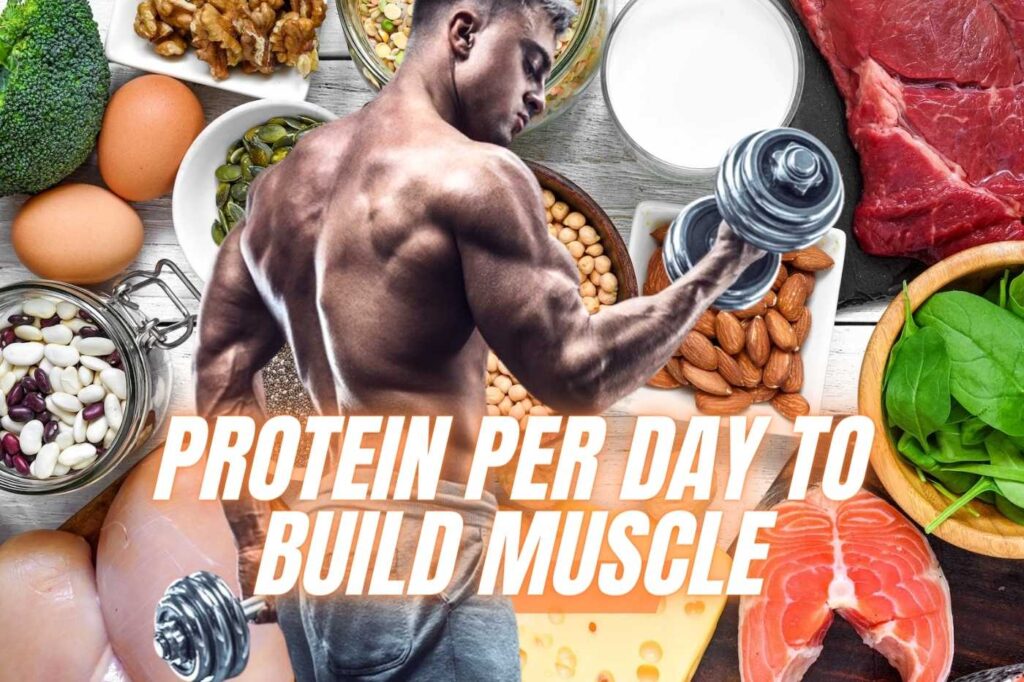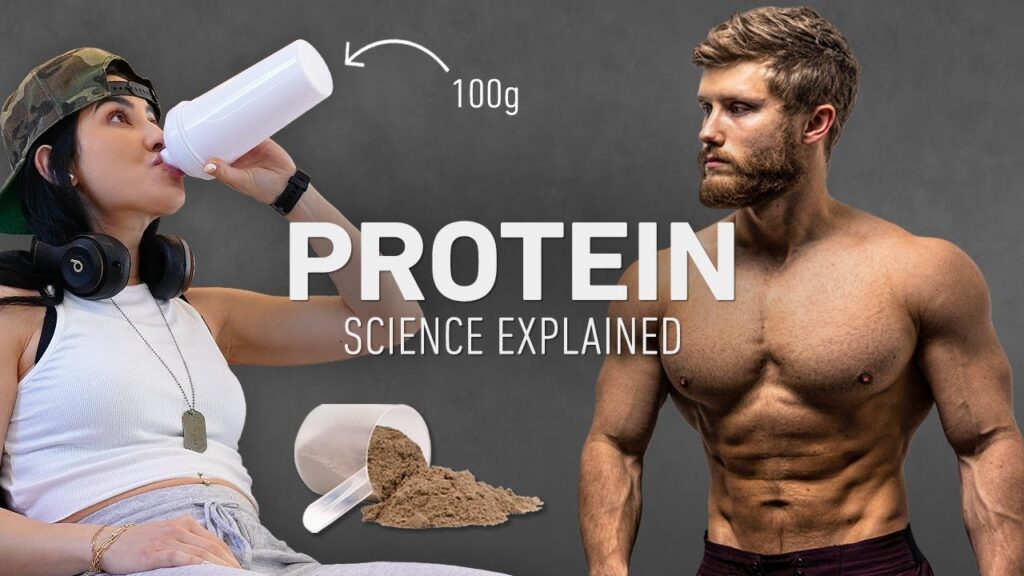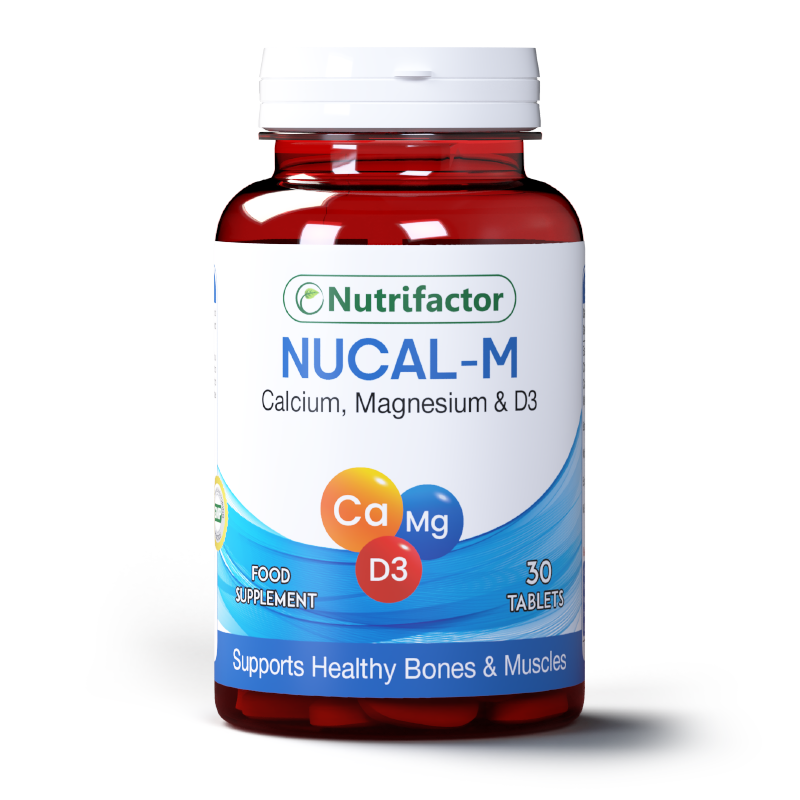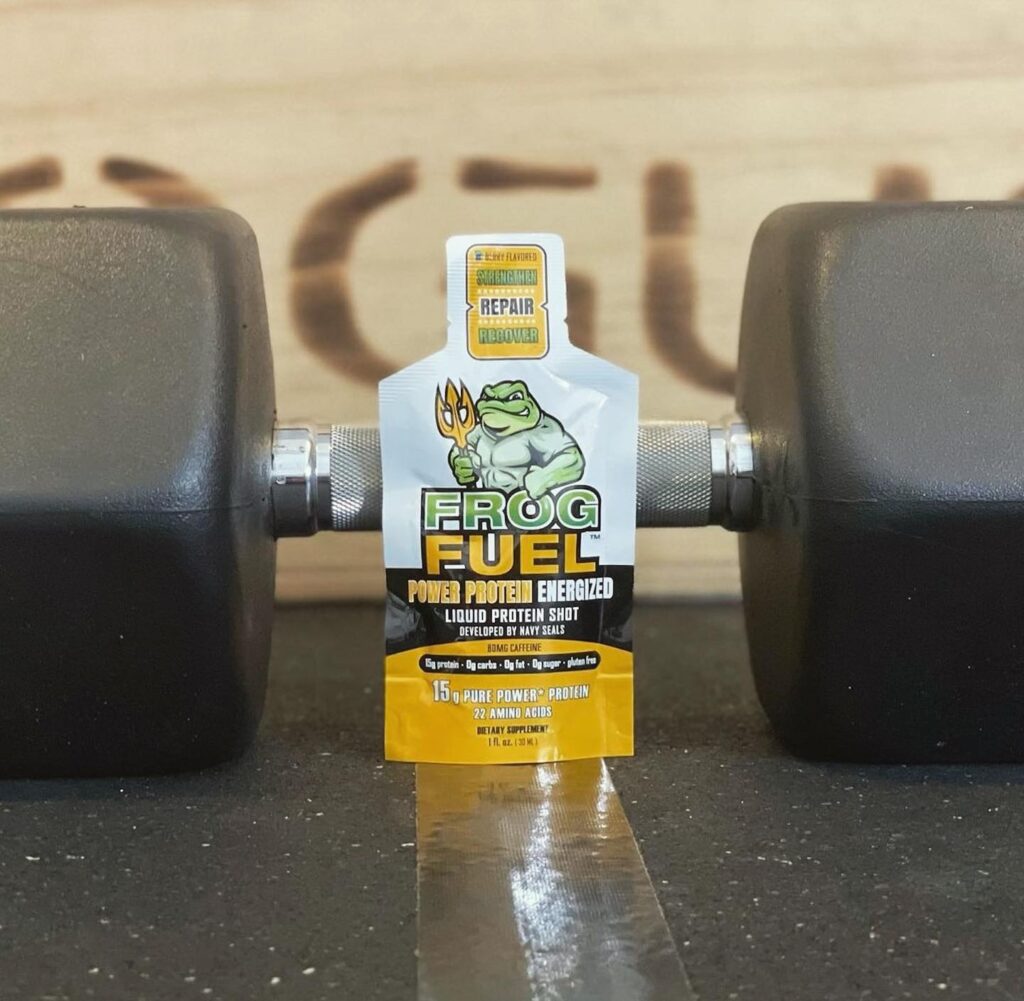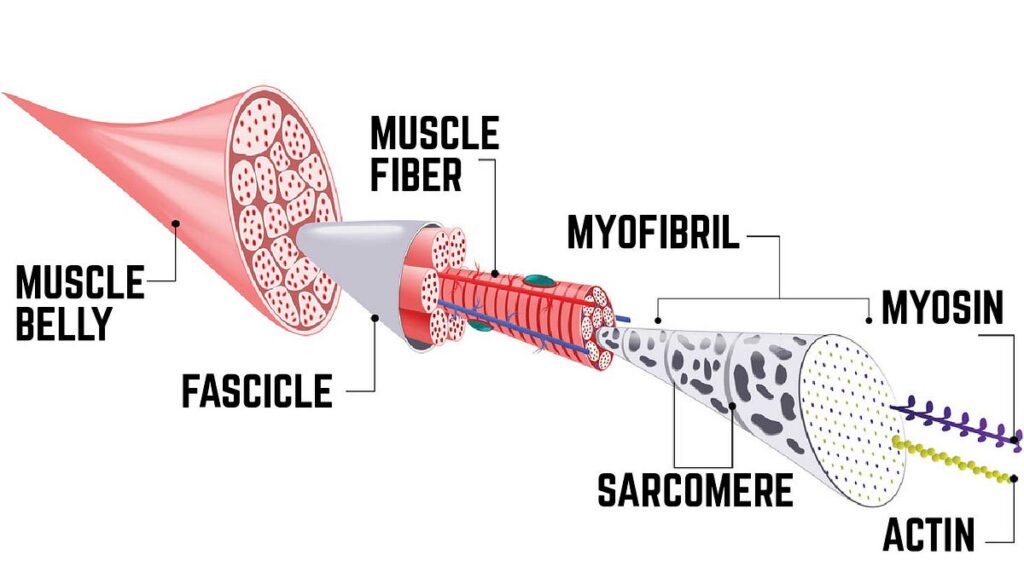Muscle building occurs through resistance training and proper nutrition. Muscles grow when they repair small tears caused by exercise.
Muscle building, also known as hypertrophy, is a process that involves rigorous and consistent resistance training. This includes activities like weightlifting, bodyweight exercises, and resistance bands. Proper nutrition plays a crucial role by supplying the necessary proteins and nutrients. Consuming adequate protein helps repair muscle fibers that undergo stress during workouts.
Hydration and rest are also vital, as muscles need time to recover and grow stronger. A well-rounded fitness routine combined with a balanced diet ensures effective muscle growth. Commitment and consistency are key to achieving optimal results in muscle building.

Credit: bobbyrock.wordpress.com
Muscle Growth Basics
Muscle hypertrophy means muscle growth. Muscles grow bigger and stronger with exercise. Weight lifting and resistance training cause hypertrophy. These exercises create tiny tears in muscle fibers. The body repairs these tears, making muscles bigger.
There are two main types of muscle fibers. Type I fibers are slow-twitch fibers. They are good for endurance activities. Type II fibers are fast-twitch fibers. They are great for strength and power activities. Both fiber types are important for overall muscle growth.
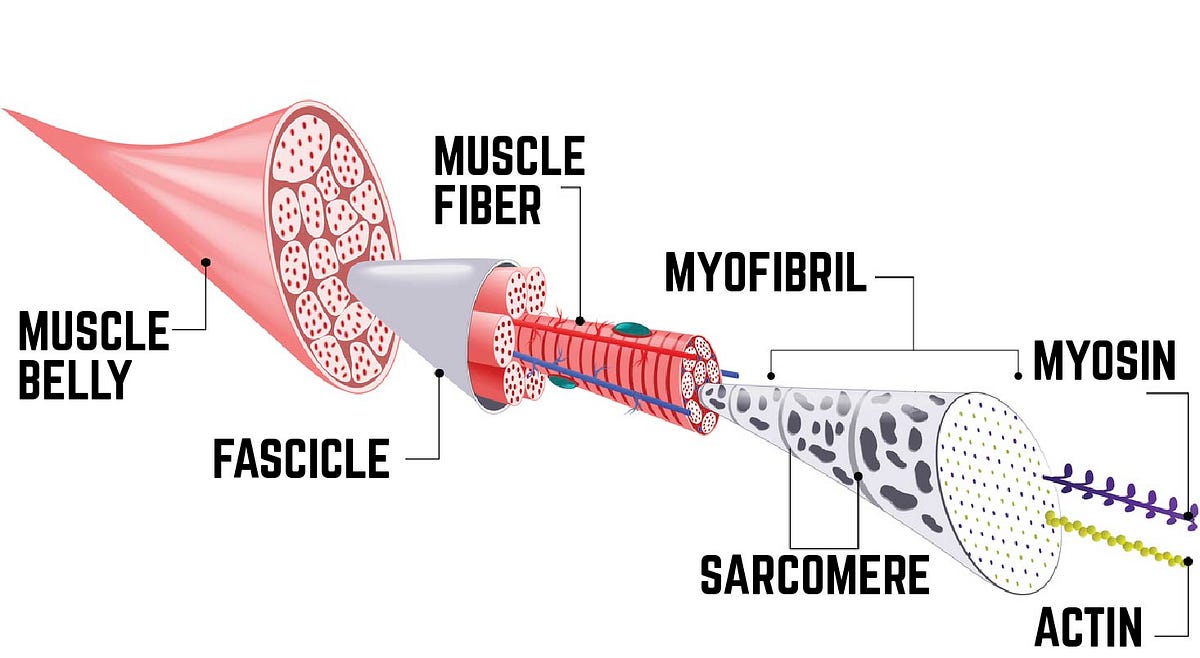
Credit: medium.com
Role Of Nutrition
Protein helps muscles to grow. Eating enough protein is very important. Muscles need protein to repair and grow stronger. Good sources of protein include chicken, fish, and eggs. Protein shakes can also be helpful. Try to eat protein with every meal. This keeps your muscles fed all day.
Muscles need more than just protein. Vitamins and minerals are also key. Calcium helps your muscles contract. Iron helps carry oxygen to muscles. Omega-3 fatty acids reduce muscle soreness. Fruits and vegetables provide these nutrients. Whole grains and nuts are also good sources.
Strength Training
Resistance exercises help build muscles and strength. They use weights, bands, or body weight. Push-ups, squats, and lifting weights are common examples. These exercises make muscles work harder. This leads to muscle growth.
Progressive overload is key to muscle growth. Gradually increase the weight or resistance. This challenges the muscles over time. For example, start with light weights. Increase the weight as you get stronger. This method helps muscles grow bigger and stronger.

Credit: www.youtube.com
Recovery Importance
Muscles need rest days to grow. Exercise causes small tears in muscle fibers. Resting helps these tears heal and grow stronger. Without rest, muscles can’t repair properly. This can lead to injury. Plan at least one or two rest days per week. Your muscles will thank you!
Sleep is crucial for muscle repair. During sleep, the body releases growth hormones. These hormones help repair and build muscles. Aim for 7-9 hours of sleep each night. Poor sleep can slow down muscle recovery. Good sleep means stronger muscles.
Hormonal Influence
Testosterone helps muscles grow bigger and stronger. It is the main male hormone. Girls also have some testosterone. Growth hormone helps the body build and repair tissues. It is released during sleep and exercise. Both hormones are essential for muscle growth. They help the muscles use protein better.
Insulin helps muscles get energy from food. It allows sugar to enter the muscle cells. This provides fuel for workouts. Cortisol is the stress hormone. Too much cortisol can break down muscle tissue. Balancing insulin and cortisol is important. This ensures that muscles grow and do not break down.
Effective Workout Plans
Split routines target different muscle groups on different days. This allows muscles to recover while others are worked. For example, train upper body one day and lower body the next. This method helps in focusing on specific areas, which can lead to better growth. It also prevents overworking a single muscle group.
Full-body workouts engage all major muscle groups in a single session. These are great for beginners and those with limited time. They help in building overall strength and endurance. Each session typically includes exercises like squats, bench presses, and deadlifts. Full-body routines ensure balanced development across the body. They also promote calorie burning and fat loss.
Common Myths
Spot reduction is a popular myth. You can’t lose fat in just one area. Exercise works on your whole body. Fat loss happens all over, not just where you want.
Many think heavy weights make you bulky. This is not true. Heavy weights build strength and muscle tone. Bulking up depends on your diet and overall routine.
Tracking Progress
Use a tape measure to track your muscle size. Write down the measurements every two weeks. Track body weight as well. Use a scale that shows body fat percentage. Take photos from different angles. Compare them over time. Notice changes in muscle definition.
Change your exercises every few weeks. This helps avoid hitting a plateau. Increase weights gradually to keep challenging muscles. Try new workout routines to keep things fresh. Listen to your body. Rest if you feel too tired or sore.
Frequently Asked Questions
What Is Muscle Hypertrophy?
Muscle hypertrophy is the growth of muscle cells. It happens through strength training and proper nutrition. This leads to increased muscle mass and strength.
How Does Strength Training Build Muscle?
Strength training causes micro-tears in muscle fibers. The body repairs these fibers, making them stronger and bigger. Consistent training and recovery are key.
What Role Does Protein Play In Muscle Building?
Protein is essential for muscle repair and growth. It provides the building blocks (amino acids) needed for muscle recovery. Consuming adequate protein supports muscle hypertrophy.
How Often Should I Train To Build Muscle?
Training 3-4 times per week is ideal for muscle growth. This allows for adequate recovery and consistent progress. Focus on both compound and isolation exercises.
Conclusion
Building muscle is a journey that requires consistency, proper nutrition, and effective workouts. By understanding muscle growth mechanisms, you can optimize your routine. Remember to rest, eat well, and stay dedicated. Your muscle-building goals are achievable with the right approach.
Keep pushing, stay focused, and watch your strength grow.

